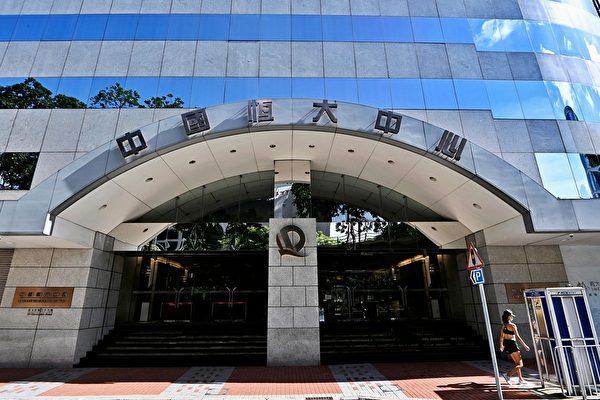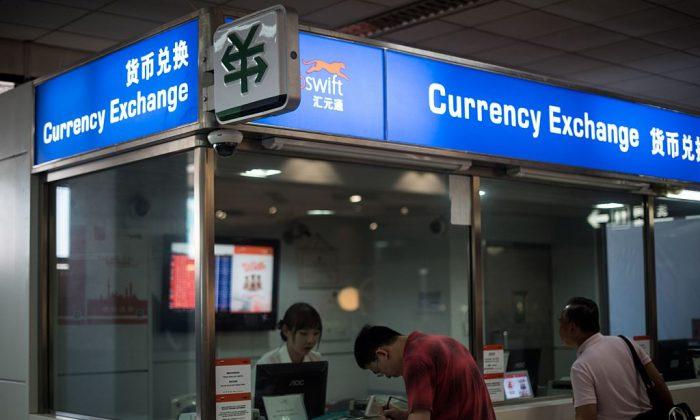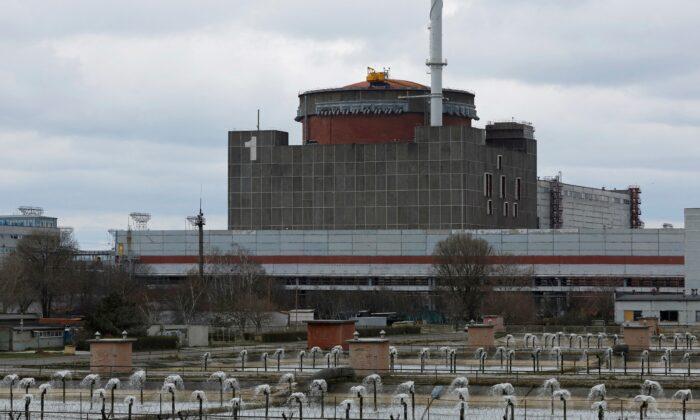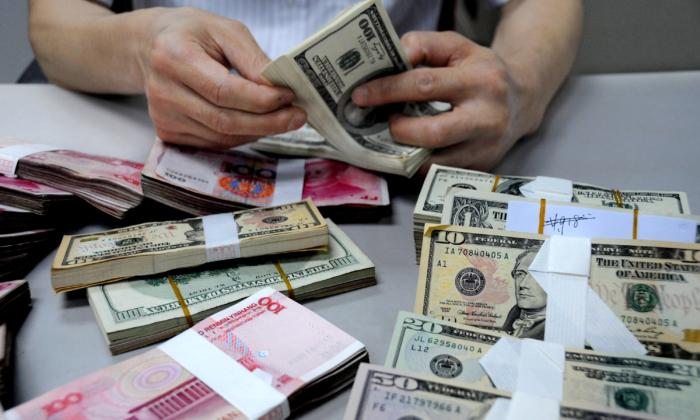Chinese developer Evergrande is selling its flagship China Evergrande Center in Hong Kong through tender that closed on July 28. The building’s market valuation had dropped to an estimated HK$9 billion (about $1.17 billion). Cheung Kong Asset Holdings Limited, founded by Hong Kong tycoon Li Ka-Shing, confirmed submission of the tender on the same day in a company statement.
In November of 2015, China Evergrande purchased the Mass Mutual Tower from Chinese Estates Holdings for HK$12.5 billion (about $1.6 billion) and renamed it the China Evergrande Center. The landmark office building stands 26-stories tall and has 345,424 square feet of floorspace. It is situated on the northern shore of Hong Kong Island inside the Wan Chai District.
The $1.6 billion Evergrande paid for the property in 2015 set two new records at the time. It was the highest price ever paid for a commercial building in Hong Kong and it was also the highest unit price paid per square foot of office space.
The Evergrande Center was at full occupancy when purchased by Evergrande. According to Colliers, the global commercial real estate services firm, the property’s occupancy rate has fallen by nearly 30 percent.
Evergrande is one of many Chinese real estate companies that have become burdened by debt. From July 21 to 26 of this year, four of the top 100 real estate companies admitted they were defaulting on their US dollar bonds. Three of which are listed on the Hong Kong Stock Exchange.
When speaking with the Epoch Times on July 29, Katherine Jiang, a Hong Kong financial analyst suggested China’s real estate companies are in debt due to excessive borrowing. They wanted to continue building while property prices were on the rise. Their investments were achieved via the accumulation of enormous debt.
When asked about the mounting debt of China’s real estate companies, Chinese economist Dr. Li Songyun told The Epoch Times, “Under the current situation, it is inevitable that China’s real estate companies will continue to default. The reason is that the real estate companies have no money in their hands. The pre-sale money they received may have been used to buy new plots of land or squandered. Now they are constrained by the government’s policies and unable to get loans from banks. They can’t recoup funds from sluggish housing sales, so they are unable to repay their debts.”
Li Songyun said, “The real estate market is being hit hard by the loan suspensions, set off by the home buyers of unfinished buildings.” She was referring to construction work being abandoned or put on hold. According to the latest estimate by S&P Global Ratings, “China’s real estate sales are likely to fall by 30 percent this year, a drop that will exceed the level seen during the 2008 financial crisis.”
Recently, news researcher REDD Asia reported the Chinese Communist Party (CCP) approved a plan to establish a real estate fund. According to Li Songyun, the CCP is “worried that this loan suspension storm will get worse and even affect social stability.”
She said, “the first batch of funds is only $12 billion, and it is hoped that the total amount will be raised to $30 to $45 billion. But even so, the fund is too low. The bailout is very limited, as it is said to target only a dozen major property developers, whose short-term debts amount to more than $105 billion and would total $600 billion if debts to home buyers and suppliers are included.”
Commenting further, Li Songyun said “it is likely that the CCP is only using this news to appease the public, mainly to maintain social stability and ensure the smooth convening of the 20th National Congress. Only after the 20th National Congress is over in the next few months will we be able to see if it really has the determination to deal with the issues of unfinished buildings and give justice to the people.”
The 20th National Congress will determine the leadership of the country for the next 5 to 10 years.





